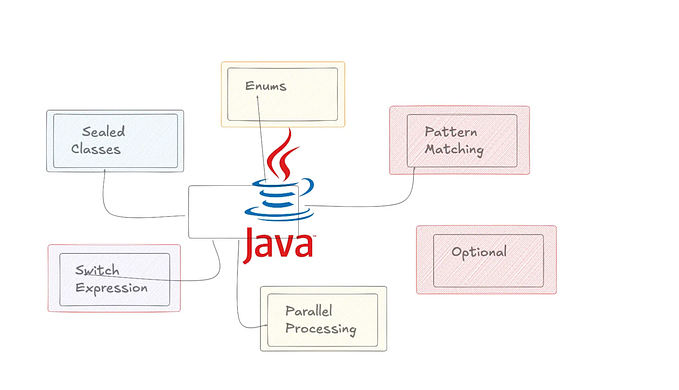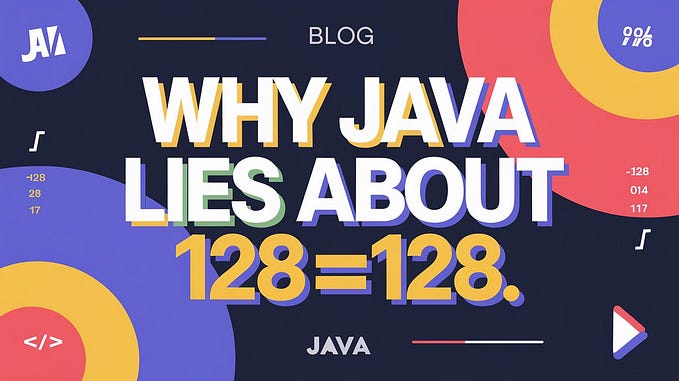What was added to Java 8? Optional<T> class
As a Java developer you’ve probably stomped on NullPointerException many times and usually handling this kind of error takes some time. Luckily thanks to new Optional class it’s much easier now.
This is a three-part series on Java 8 new features, other blog posts can be found here:
- Lambda expression
- Streams
- Optional<T> class (current)
This class works as a class container (or wrapper) which may or may not hold null value. Before introducing Optional class developers to make sure that objects references aren’t null were forced to check it before calling any method (if there were a great chance for it, of course). To illustrate this, see below example.
Even if it’s a simple code it requires lots of boilerplate checking of nulls, which is not either fun to write or read. Also if we forget to check it, it becomes a potential “dangerous” part of a code.
So instead calling directly a class method that may or may not return null we can wrap it in Optional class.
CookBook class doesn’t have Reciepes class unless at least one of them was added to it. Therefore, in above example cookBook.getReciepes() method will result with a null, which then would result in our favourite exception while getting any reciepe.
Instead we can wrap it with Optional class and use ifPresent method that checks it for us and if it’s available it’ll proceed. In above example optReciepes reference holds null so the 4th line of the code won’t result in printing pizza reciepe, but it also won’t result in NullPointerException.
What if we won’t to pass default value instead? We can use orElse method.
As it was earlier optReciepes holds null, but by invoking orElse method we create a default instance of a class. A default instance is passed as a parameter of this method.
Another approach for same situation would be throwing different exception, instead of returning a default value. Moving forward with an example, the Reciepes class does not have any reciepe yet, so when we call reciepes.getReciepe("Pizza") it should throw ReciepeNotFoundException .
Except for mentioned above methods to extract the data from the Optional objects we can make it more clear by using map operator. Like in below example:
Together with map function we can use a filter that will automatically reject the output of mapping if it won’t meet certain conditions.
To sum up Optional class allows us to handle NullPointerException in more graceful way.





